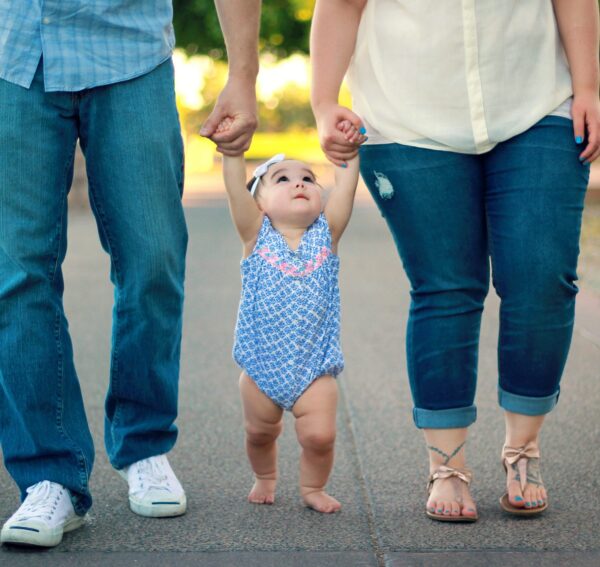Some parents in your service need a little extra care: do you know who the orchids are?

Roughly 20 to 30 per cent of the world’s population are classed as being highly sensitive people (HSPs). Being highly sensitive involves a brain response to certain events or experiences that is measurably different from that of less sensitive people.
HSPs have been described as “orchids” who find it hard to thrive if the conditions are not right, unlike less sensitive “dandelion-type” people, which can ‘grow’ in any environment.
HSPs are present in your parent community, and perhaps amongst your staff, and the children in your care. In the piece below, based on the work of Melissa Hogenboom for the BBC, we explore the traits of HSPs, and some ways in which they may benefit from additional support.
To return to the orchid and dandelion analogy, all plants need light, warmth and water to grow, but some plants need special conditions to thrive.
While most parents and educators of young children will experience times when they feel overwhelmed by trying to meet their demands, for HSPs, these feelings can be heightened.
This sensitivity can relate to smells, sights or sounds. People who have it may, for example, find it hard to cope with bright lights and loud noise, and can find chaotic situations very stressful. It can also involve a heightened awareness of other people’s moods or feelings, and come with a particularly strong sense of empathy.
In an early childhood education and care (ECEC) environment it’s easy to see how a child, educator or parent who is surrounded by noise, lights, and multiple people’s moods and feelings could quickly become overwhelmed.
Given that being a HSP is thought to be up to 47 per cent heritable, it’s very likely that some parent and child combinations are feeding on one another’s moods and feelings.
Despite the challenges, being a HSP can also help educators and parents to feel more connected and ‘in tune’ with the children in their care.
“Generally, sensitive people have heightened perception, they perceive more details,” explained Michael Pluess, a developmental psychologist at Queen Mary University of London.
Mr Pluess specialises in the study of HSPs, and notes that they process things more deeply so they will pick up more about the environment. As well as this, they have a tendency to ruminate on what they experience and can be deeply affected by what they see and feel.
HSPs have brains which are “wired differently” and therefore have brain responses to certain events or experiences that are measurably different from that of less sensitive people.
For example, in one study, researchers asked a randomly recruited group of people to take a high-sensitivity test then showed them photos of happy and sad people, and monitored their brain activity through fMRI scans.
The HSPs in the group, who had scored high in the test, displayed stronger activations of regions of the brain involved in awareness and empathy compared to the less sensitive participants.
Other studies showed similar patterns of people with sensory processing sensitivity displaying especially strong brain activation in regions involved in empathy and reflective thinking.
The need to process information at a deep level can lead to HSPs being easily overstimulated – something to consider when engaging educators in reflective practice.
While being a HSP can be challenging, for those who are ECEC professionals, research is emerging that shows that while being in high-stress environments can be stressful at first, this eases over time.
“It seems that sensitive people in the short term are more easily overwhelmed with change,” Mr Pluess explained.
“However over time, their sensitivity helps them to understand the children in their care and respond more quickly and more appropriately to their needs.”
Some tips for HSPs who are feeling overwhelmed include:
- Being aware of your own reactions, and knowing what makes you feel stressed or relaxed
- Social supports such as mental health prevention programmes that promote resilience.
For more information on being a HSP educator, please see here. This piece has been adapted from the work of Melissa Hogenboom for the BBC. Access the original work here.
Popular

Policy
Practice
Quality
Provider
Research
Safety starts with supervision: responding to real risks in ECEC
2025-07-07 10:30:58
by Fiona Alston

Policy
Provider
Practice
Quality
Jay Weatherill appointed to co-lead urgent review into childcare safety in Victoria
2025-07-07 07:24:04
by Fiona Alston

Practice
Provider
Quality
Research
Workforce
New activity booklet supports everyday conversations to keep children safe
2025-07-10 09:00:16
by Fiona Alston












